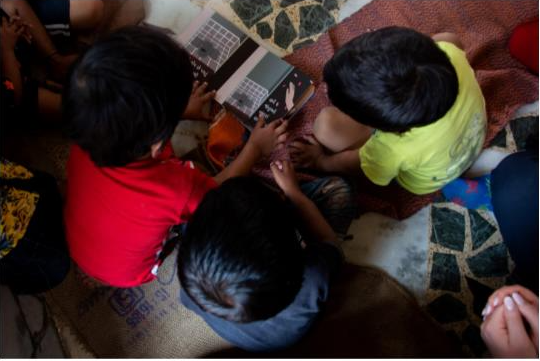
“inclusive pedagogy is an approach that attends to individual differences between learners while actively avoiding the marginalisation of some learners and/or the continued exclusion of particular groups [1]. At a time when the issues of social injustice and oppression of marginalised groups have been brought to the forefront, with movements such as Black Lives Matter gaining traction in recent months, an understanding of these issues and a shift in perspective is crucial.
In order to cultivate a society that is fully inclusive, we must educate with an aim to foster a generation of children who embody values of acceptance, inclusivity and anti-racism, both in overt ways (e.g. through open discussions), and also subliminally in everyday practice through exposure to differing cultures. Learning resources are one way to incorporate this exposure of diverse contexts and cultures. It is critical that children are not only taught with resources that have been developed to resonate culturally with their own, but are also exposed to other cultures too.
A Germ’s Journey Educational Resources
A Germ’s Journey is a set of innovative educational hand-hygiene resources, co-created by an interdisciplinary team of microbiology, education and psychology specialists. The resources, which include books, online games, song/videos, posters and parent guides, enhances the importance of handwashing and understanding of germ transference.
After being developed initially for the UK, the resources have now been utilised across three continents (Africa, Asia and Europe) in schools, museum exhibits, community centres and refugee camps. Most recently, the resources have been developed in response to the Covid-19 pandemic in line with WHO guidelines that state that handwashing is among the most effective measures for preventing the transmission of germs.